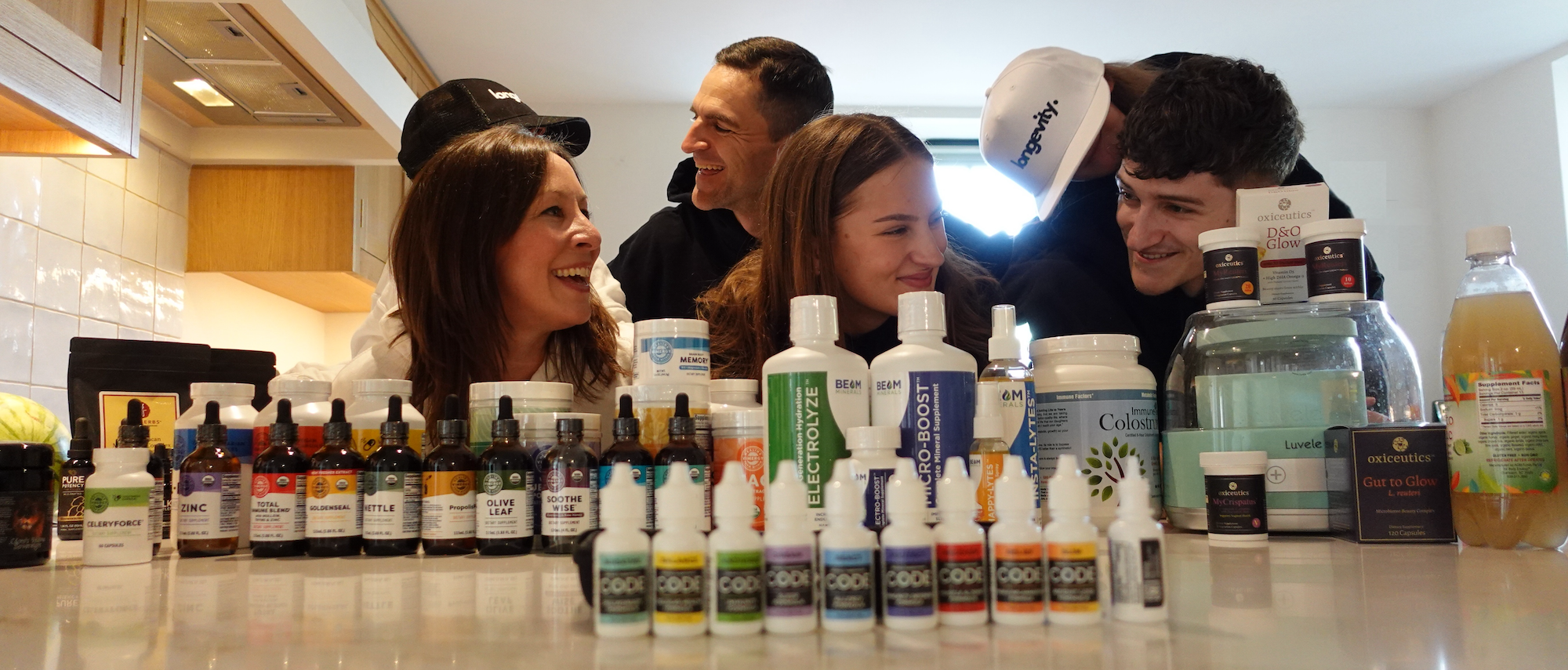Why Choose
Longevity Essentials?
We're a family-run business and nearly every product on our site has passed through our own hands… and into our own bodies. If it’s not good enough for our family, it never makes it to yours.
You can count on us for trusted ingredients, dependable service, and a genuine commitment to your peace of mind. Your health truly matters to us — every step of the way.
Established since 2002
Rated by our customers
200,000+ orders shipped














